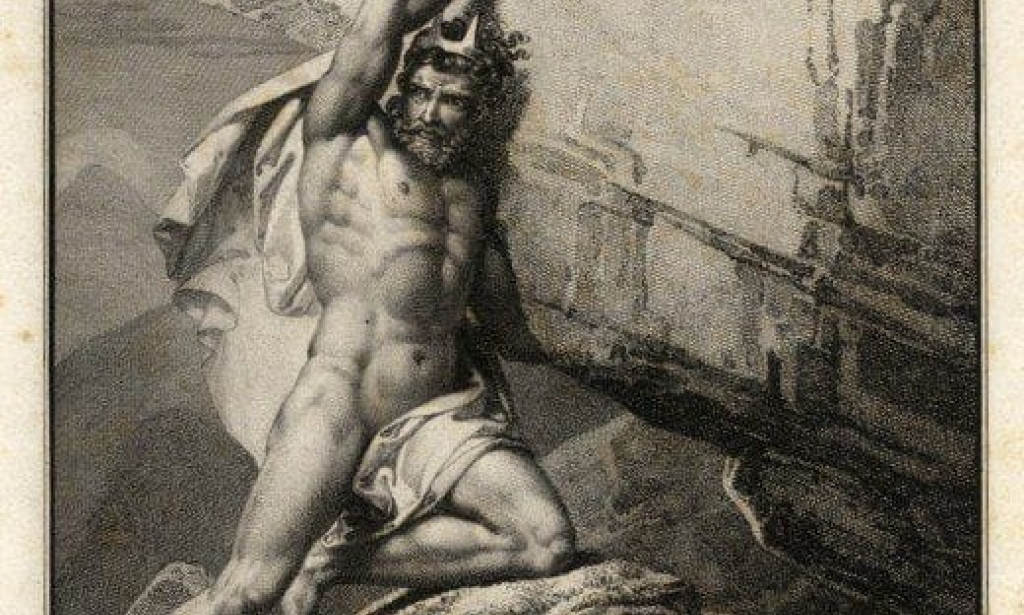Descartes founded modern philosophy on the idea that the whole world is just a machine. That is the problem. It reduces everything to just laws in the natural world. That mechanical over-simplification has been challenged since that time. In the 20th century, both Wittgenstein and Heidegger attacked it (from opposite sides) as wrong-headed thinking. Both of them referred back to social realities—the belief-based fabric of the social world (forms of cultural life) that we actually live in—and showed that there are social invariants that we just cannot ignore and that we must take those into account. The upshot is that the world is a combination of both natural discoveries and the belief-structured invariants of the social world (based on division of labor and other economic, social and cultural factors) in which we all live and within which we make any such discoveries. That brings us back to the biological basis of our life—to the world as a biological (not just a mechanical) entity—that was popular in Aristotle's time.

You must be logged in to post a comment.